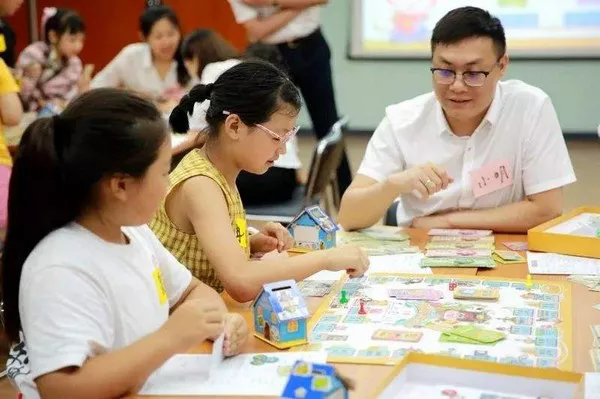Shanghai recently played host to the 2nd Global Mental Health Conference, drawing together over 100 eminent psychologists and scholars from 16 nations. Amidst vibrant discussions and spirited exchanges, the conference served as a nexus for redefining traditional psychological paradigms and charting innovative educational pathways to foster global mental health advancement.
A pivotal moment emerged during the conference as officials from Sofia University of the United States and Shanghai Lida University announced plans to fortify their collaboration in cultivating high-caliber talent with international perspectives and a penchant for innovation in the realm of mental health.
In her address, Carol Humphreys, President of Sofia University, underscored the significance of transparent dialogue mechanisms bridging national and cultural divides in tackling the ongoing mental health crisis. “The conference serves as a beacon of hope, fostering an open exchange of ideas across borders,” she remarked.
Among the key highlights was the launch of a transpersonal psychology practice action, geared towards enhancing psychological services in China and bolstering societal awareness of mental health issues.
Scholars delved into a spectrum of spiritual healing modalities, including traditional Chinese medicine and art therapy, while also contemplating the prospective integration of Artificial Intelligence in mental health interventions.
The conference program encompassed a diverse array of formats, including speeches, roundtable dialogues, and workshops, fostering interdisciplinary collaboration and facilitating the dissemination of cutting-edge research findings and practical insights.
By galvanizing collective expertise from diverse cultural and academic backgrounds, the conference not only aimed to redefine the contours of global mental health but also to pave the way for transformative initiatives that transcend disciplinary boundaries.
Related topics:





























